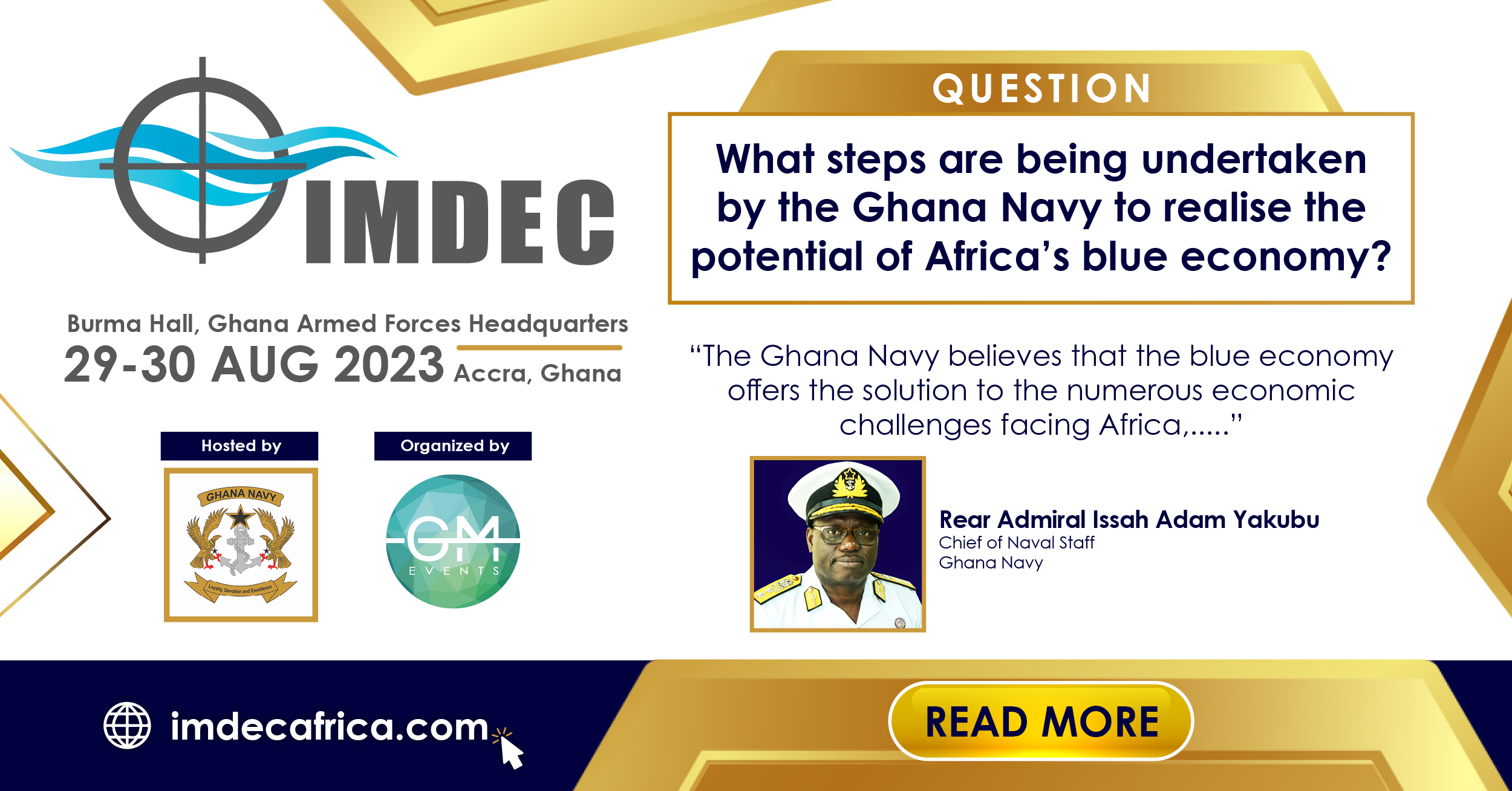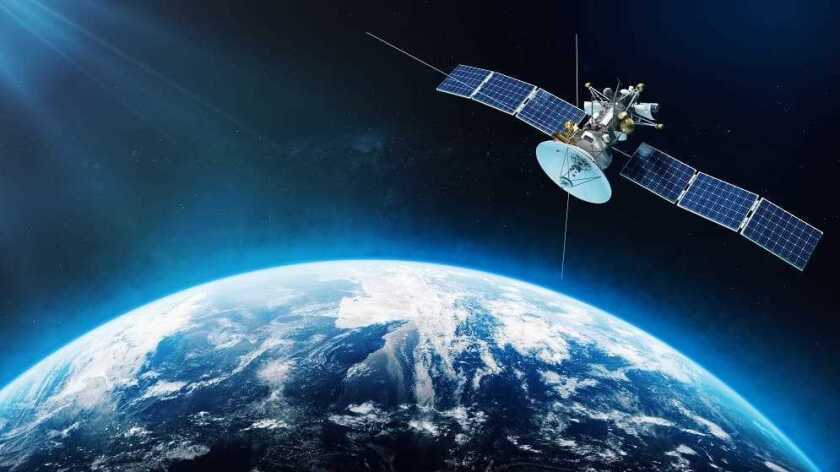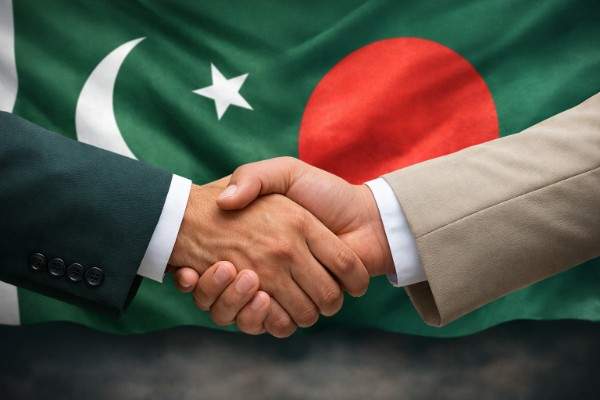As the Yaounde architecture marks a decade, the threat level in the Gulf of Guinea remains high. What are the critical factors integral for maritime security, and countering challenges from transnational organised crime in the GoG Region?
Answer: Even though maritime security threats in the GoG persist, it is not as high as it used to be prior to 2022. A lot has been done by GoG states and international partners to address insecurity in the GoG. This has yielded positive results which has accounted for the drastic decline in incidents. The critical factors integral for maritime security and countering challenges from TOC in GoG Region include:
- Resourcing of Navies and Coast Guards.
- Cooperation and collaboration.
- Binding Frameworks and timely sharing of Information.
What are the key areas where the Yaounde Code of Conduct has made significant progress? What are some of the areas that require amendment and further work?
Answer: Areas where significant progress has been made include:
- Cooperation, collaboration and coordination.
- Information Sharing.
- Capacity Building and training.
- Building of trust.
- Coordinating international support to maritime security.
Areas that require amendment and further works:
- Funding of the Architecture.
- Commitment of member states to deploy staff to the coordinating centers.
- Possibly reducing the number of zonal coordinating centres or doing away with them. The ICC and Regional Coordinating Centre may be enough to execute the mandate.
- Making the Code of conduct binding to compel member-states to fulfil their obligations.
In the era of cyberwarfare, how prepared are African navies in the face of imminent maritime cyberattacks?
Answer: Cyber security issues are in the forefront of national discourse in Ghana. Many African Countries are making efforts to ensure that their cyber spaces are safe and secure. Advancement in systems onboard and the rapid digital transformation requires that African Navies put measures in place to safeguard their systems and operations. I am sure these are being done. However, there is the need for African countries to step up efforts in the area of cyber security.
What steps are being undertaken by the Ghana Navy to realise the potential of Africa’s blue economy?
Answer: The Ghana Navy believes that the blue economy offers the solution to the numerous economic challenges facing Africa, if properly harnessed. The potentials of the blue can only be realized if our maritime space is safe and secure for business and shipping. Efforts by the Ghana Navy to keep the domain safe and secure include:
- Robust patrolling of the countries waters.
- Collaborating and supporting other maritime agencies to achieve their mandate.
- Cooperating with Regional and International Navies on maritime security.
- Training and building capacity to ensure effective and timely response to incident at sea.
- Supporting regional and international arrangements for maritime security.
How important is IMDEC for Africa’s maritime sector, and what crucial role is the Conference playing in reinforcing the collective commitment for enhancing maritime defence in the GoG Region?
Answer: IMDEC in the present form is very important for Africa’s maritime sector noting that it goes beyond the showcase of technological development in the sector and brings together experts to discuss and share ideas on how to address the challenges that the sector face. Participants learn from each other and also from best practices. In addition, the networking opportunity that IMDEC offers, helps in building trust and improves cooperation among participating countries.
Table of Contents
ToggleUmair Aslam
Umair Aslam is the Founder and Chief Executive Officer (CEO) of Global Defense Insight. He has worked as a defense journalist reporting on military modernization programs, defense industry, arms procurement, and emerging technologies.
- Umair Aslam
- Umair Aslam
- Umair Aslam












